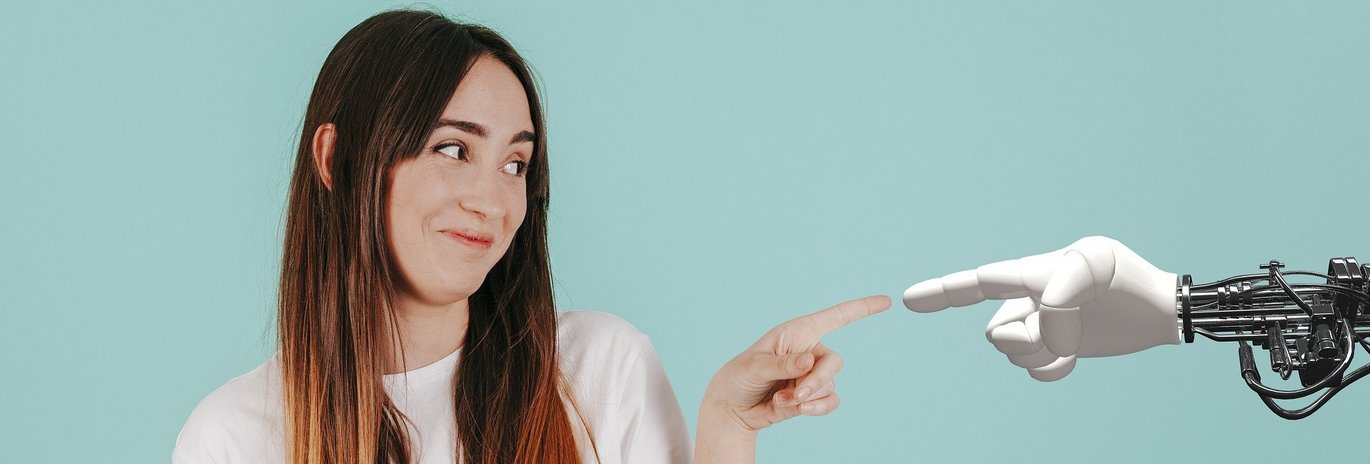ChatGPT doesn't make us smarter - learning does!
Antonia Scholkmann, Aalborg University, gives a talk for the department followed by a discussion and lunch. The events is part of Forskningens Døgn.

Oplysninger om arrangementet
Tidspunkt
Sted
Building 1350, 6th floor meeting room


The use of generative artificial intelligence like ChatGPT in the educational environment raises questions about the nature of learning. Despite its easy access to information and assignment writing, there are concerns about students' actual acquisition of knowledge and understanding when they make use of the technology. So although it has never been so easy to collect thinking points, answer questions or draft an outline for an assignment, we need to ask ourselves: how can the use of ChatGPT promote learning, instead of just quickly providing answers to questions?
This talk will explore how generative artificial intelligence can be integrated into higher education teaching to foster relevant and in-depth learning. For that, the sometimes-complicated entanglement between the learning assumptions integrated into generative artificial technology, and its effects on our understandings of human learning will be explored. Based on that, it will discuss approaches and strategies that can be used to enhance the contribution of this technology to students' deeper understanding of a topic.
- The talk is for VIPs including PhD students and will be in English.
- The event includes lunch.
- Sign up by sending an email to tilmeld@psy.au.dk by 18 April at the latest.
Dr. Antonia Scholkmann is an associate professor at Aalborg University, Institute for Culture and Learning, both at the Center for Education Policy and at the Institute for Advanced Studies in Problem-Based Learning. Her current research is focused on the interplay of generative artificial intelligence and learning in higher vocational education. With a background in organizational psychology and educational development, she has also worked extensively on the topics such as the digital transformation of higher education, active learning and higher education policy and practice. She holds a master’s degree from the University of Tubingen and a Ph.D. from the Technical University of Dortmund. She regularly publishes on topics such as leadership in universities, the future of education and digital transformation.